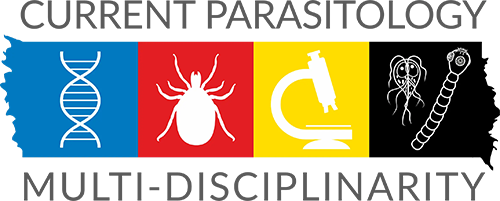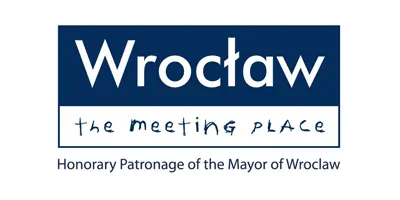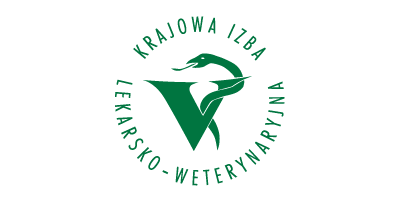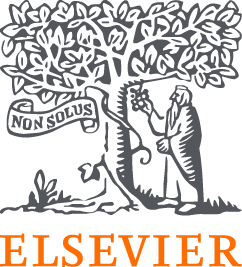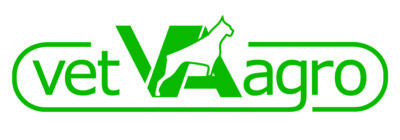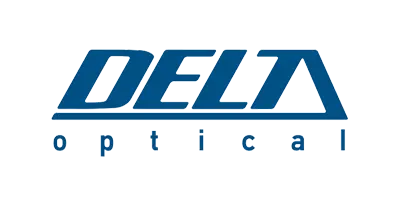|
26.08.2024 |
EU Room |
UWr Room |
Lecture Room 1 |
Lecture Room 2 |
|---|---|---|---|---|
|
16.00-16:45 |
Opening Ceremony |
|||
|
17.00-17.45 |
PLENARY LECTURE: Colin Sutherland |
|||
|
17:45-18:30 |
PLENARY LECTURE: Grzegorz Węgrzyn |
|||
|
19.00-22.00 |
WELCOME PARTY |
|
27.08.2024 |
EU Room |
UWr Room |
Lecture Room 1 |
Lecture Room 2 |
|---|---|---|---|---|
|
9:00-9:45 |
PLENARY LECTURE: |
|||
|
10.00-11.30 |
Parasite omics I |
Opportunistic and rare parasite infections I |
Parasite infections in livestock and their control I |
|
|
11:30-12:00 |
COFFEE BREAK |
|||
|
12:00-13:30 |
Parasite omics II |
Opportunistic and rare parasite infections II |
Parasite infections in livestock and their control II |
Satellite session: |
|
13:30-14:30 |
LUNCH BREAK & POSTER VIEWING |
|||
|
14:30-16:00 |
FAWPAR Plenary Session I |
|||
|
16:00-16:15 |
COFFEE BREAK |
|||
|
16:15-18:00 |
FAWPAR Plenary Session II & FAWPAR Panel discussion |
|||
|
28.08.2024 |
UWr Room |
Lecture Room 1 |
Lecture Room 2 |
|
|---|---|---|---|---|
|
9:00-9:45 |
PLENARY LECTURE: |
|||
|
10.00-11.30 |
Parasites of wildlife I |
Immunological aspects of host-parasite interactions (immunopathology and allergy) |
Symposium: |
Sponsor Session |
|
11:30-12:00 |
COFFEE BREAK |
|||
|
12:00-13:30 |
Parasites of wildlife II |
Host-parasite interactions (with microbiome relationship) |
Symposium: |
Diagnostics of parasites |
|
13:30-14:30 |
LUNCH BREAK & POSTER VIEWING |
|||
|
14:30-16:00 |
Parasites of wildlife III |
Update on Toxoplasma infection epidemiology and diagnosis |
Novel perspectives for treatment and drug resistance |
WORKSHOP |
|
16:00-16:30 |
COFFEE BREAK |
|||
|
16:30-18:00 |
Parasites of wildlife IV |
EFP Assembly |
Recent trends in the epidemiology of leishmaniasis |
|
|
29.08.2024 |
EU Room |
UWr Room |
Lecture Room 1 |
Lecture Room 2 |
|---|---|---|---|---|
|
9:00-9:45 |
PLENARY LECTURE: |
|||
|
10.00-11.30 |
Emerging parasitoses and zoonoses in Europe – questions about the future I |
Vector-borne pathogens and diseases I |
Snails, trematodes and diseases |
Paleoparasitology |
|
11:30-12:00 |
COFFEE BREAK |
|||
|
12:00-13:30 |
Emerging parasitoses and zoonoses in Europe – questions about the future II |
Vector-borne pathogens and diseases II |
Biology and taxonomy of helminths |
Young Scientist Award Session I |
|
13:30-14:30 |
LUNCH BREAK & POSTER VIEWING |
|||
|
14:30-16:00 |
Fish parasitology I |
Alien and invasive host species and parasites |
Symposium: |
WORKSHOP |
|
16:00-16:30 |
COFFEE BREAK |
|||
|
16:30-18:00 |
Fish parasitology II |
Young Scientist Award Session II |
Symposium: |
|
|
20:00 |
GALA DINNER |
|||
|
30.08.2024 |
EU Room |
|||
|---|---|---|---|---|
|
9:00-10:30 |
Parasitology research from One Health perspective |
|||
|
10.30-12.00 |
Parasitology in multi-disciplinary projects /grants |
|||
|
12:00-12:30 |
COFFEE BREAK |
|||
|
12:30-13:30 |
CLOSING CEREMONY |
|||
Plenary Speakers
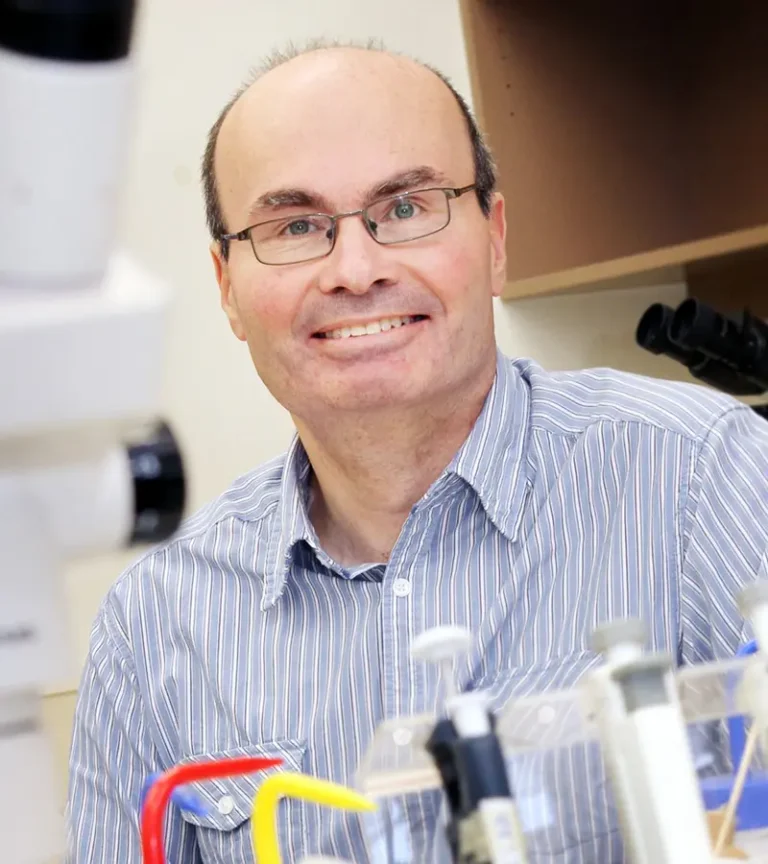
Robert Poulin
Prof. Robert Poulin, Zoology Dept, University of Otago, New Zealand
Originally from Canada, Robert obtained a PhD from Laval University before joining the University of Otago in 1992. He has since established a research programme in parasite ecology and evolution that focuses on broad questions. His research group has four main research directions. First, his lab investigates the forces shaping the evolution of parasites, in particular the evolution of life history traits such as host specificity, the ability to manipulate host behaviour, and the complexity of transmission pathways. Second, they are studying the role of parasites in aquatic ecosystems, i.e. how they affect community diversity and food web stability, and how parasitism may interact with climate change to influence ecosystems. Third, Robert has long been exploring large-scale patterns of parasite biodiversity and biogeography, searching for the processes behind the diversification and distribution of parasites and diseases. Finally, Robert and his team are now turning toward the role of parasite microbiomes in shaping the host-parasite interaction. Robert was awarded Otago University’s Distinguished Research Medal in 2013, the Hutton Medal from the Royal Society of New Zealand in 2011 for contributions to animal sciences, the Wardle Medal from the Canadian Society of Zoologists in 2007 for contributions to parasitology, and was elected Fellow of the Royal Society of New Zealand in 2001.
Plenary lecture title:
The quest for parasitological knowledge: breadth, depth, or both?
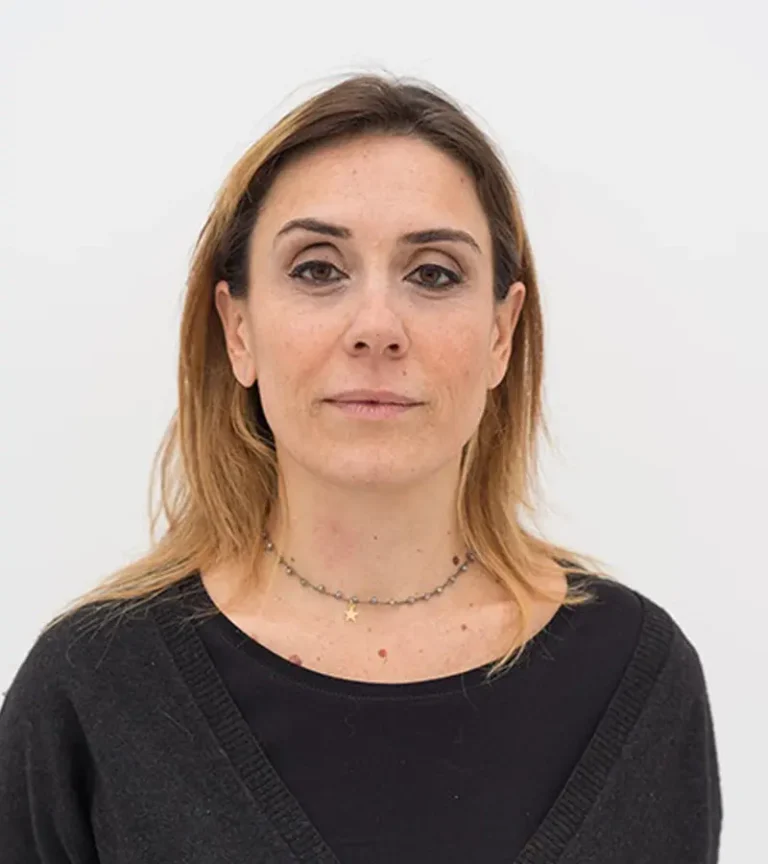
Laura Rinaldi
Prof. Laura Rinaldi, PhD, Ass. EVPC
Laura Rinaldi (Phd) is Professor of Parasitology and Parasitic Diseases and Associate Dean at the Department of Veterinary Medicine and Animal Production of the University of Napoli Federico II, Italy. She has more than 20 years of experience in the field of parasitic diseases of medical and veterinary importance. Since 2020 she is the designated Director of the WHO Collaborating Centre for Diagnosis of Intestinal Helminths and Protozoa. She is currently coordinator/principal investigator/work package leader of several national and EU projects. Key research topics include epidemiology (using geospatial tools), diagnosis and control of parasites.
Plenary lecture title:
Multi-actor perspectives in parasite diagnosis and epidemiology
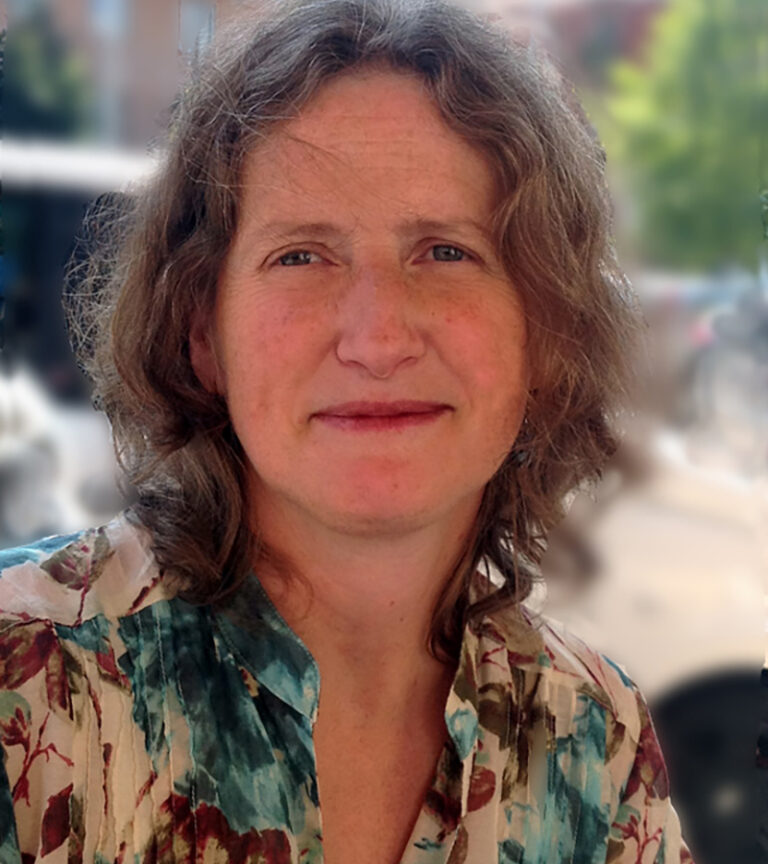
Lucy Robertson
Professor Lucy Robertson, Norwegian University of Life Sciences
FAWPAR Plenary Speaker
Professor Lucy Robertson leads the parasitology team at the Faculty of Veterinary Medicine, Norwegian University of Life Sciences (NMBU-VET).
She has a long-term interest in zoonotic parasites and their transmission between both domestic and wild animals and people, particularly via environmental vehicles such as food and water. She is currently a member of the WHO Foodborne Disease Burden Epidemiology Reference Group, where one of her major goals is to ensure that parasites, the neglected pathogens, are not overlooked.
Lucy also has a passion for furthering excellence in scientific dissemination, and ensuring that publication is driven by quality of research, rather than position, reputation, or location.
Combining both of these interests, she has been Associate Editor at FAWPAR since 2019 (previously on editorial board), and is involved in editorial duties in several other journals also.

Michael Stear
Prof. Michael Stear, La Trobe University, Australia
The aim of my research has been to understand the mechanisms underlying variation among animals in resistance to infection and to use this understanding to develop better methods of controlling disease and the effects of subclinical infection. I have examined genetic variation in immune responses to parasites of cattle, sheep and fish. My research has included epidemiology, genetics, immunology, pathology, host-parasite coevolution and mathematical modelling.
Plenary lecture title:
Modern methods of data analysis in nematode infections

Colin Sutherland
Dr Colin Sutherland, BSc PhD MPH
Professor of Parasitology
Deputy-Director (Science), UK HSA Malaria Reference Laboratory
Colin Sutherland is a biologist and parasitologist who joined LSHTM in January 1998 to work as a Post-Doc with Professor Geoffrey Targett on the gametocytes of Plasmodium falciparum. Colin also developed an interest in parasite drug resistance in the context of the team's clinical studies in The Gambia from 1998 - 2002. From 2004 - 2011, Colin continued his studies of parasite drug susceptibility, and also developed new projects on molecular diagnostics for parasitology with Peter Chiodini and Spencer Polley in the Department of Clinical Parasitology at the Hospital for Tropical Diseases. This work now continues with the UK Health Security Agency in the UK HSA Malaria Reference Laboratory, LSHTM, where Colin is HCPC-registered as a Clinical Scientist.
The evolutionary biology of parasitism remains the context underpinning Colin's research, and the tools of molecular genetics and genomics are the means used to address this goal. Parasite adaptation to the two great selective forces of host immunity and antimicrobial chemotherapy has been of particular interest. Current research projects are addressing K13-dependent and -independent mechanisms of artemisinin resistance in Plasmodium falciparum, drug susceptibility of P. knowlesi and the genetics of ovale malaria.
Among Colin's current roles are:
- Professor of Parasitology, Dept of Infection Biology, LSHTM, London
- Deputy Director (Science), UK HSA Malaria Reference Laboratory, LSHTM
- Lead Academic, Wellcome Trust Malaria Transmission Facility, LSHTM
- Keyboard, guitar, vocals in the Pumphandle Blues Band
Plenary lecture title:
Genetic signals of selection by ACT drug treatment in the genome of Plasmodium falciparum isolates from Africa

Grzegorz Węgrzyn
Grzegorz Węgrzyn, Ph.D., D.Sc., Professor
Graduated from University of Gdansk, Poland. In 1987 he obtained MSc degree in biology, and in 1991 PhD degree in molecular genetics. His PhD thesis was focused on the regulation of DNA replication in starved cells. Then (in 1991), he was a research fellow at the Department of Biochemistry, University of Nottingham Medical School (UK), where he worked on the mechanisms of gene expression regulation in bacteria. In 1992 he was a post-doctoral researcher at Center for Molecular Genetics, University of California at San Diego (USA), where he investigated regulation of viral DNA replication. Since 1996 he is a head of Department of Molecular Biology at the University of Gdansk (Poland). In his laboratory, several projects are conducted, which are focused mainly on regulation of gene expression and DNA replication, and mechanisms and new treatment methods of human genetic diseases.
Grzegorz Wegrzyn is a co-author of over 500 scientific articles in peer-reviewed journals and over 700 communications on scientific conferences. He is a member of American Society for Biochemistry and Molecular Biology, American Society for Microbiology, International Society for Plasmid Biology, and Society for Experimental Biology and Medicine. He is an editor of several scientific journals, including FEMS Microbiology Reviews, Microbial Cell Factories (Editor-in-Chief), Metabolic Brain Disease (Deputy-Chief-Editor), Plasmid, Scientific Reports, and Acta Biochimica Polonica (Editor-in-Chief). He supervised 57 PhD theses and has experience in leading teams, being the Principal Investigator in 11 international and 29 national research grants), and having functions of Head of Department of Molecular Biology, Dean of Faculty (2002-2008), and Vice-Rector for Research (2008-2016).
Plenary lecture title:
Bacteriophages: predators or parasites
Proposed Sessions
- Alien and invasive host species and parasites
- Diagnostics of parasites
- Biology and taxonomy of helminths
- Emerging parasitoses and zoonoses in Europe – questions about the future
- Vector-borne pathogens and diseases
- Fish parasitology
- Food and waterborne parasitology / FAWPAR Journal Plenary Session
- Host-parasite interactions (with microbiome relationship)
- Human and animal schistosomes
- Immunological aspects of host-parasite interactions (immunopathology and allergy)
- Multidisciplinary malaria research
- Update on Toxoplasma infection epidemiology and diagnosis
- Novel perspectives for treatment and drug resistance
- Opportunistic parasite infections
- Paleoparasitology
- Parasite infections in livestock and their control
- Parasite omics
- Parasites of aquatic systems (including free-living amoeba)
- Parasites of wildlife
- Parasitology in multi-disciplinary projects /grants
- Parasitology research from One Health perspective
- Rare, unusual and spurious parasitic infection
- Recent trends in the epidemiology of leishmaniasis in Europe
Proposed Symposiums
- Artificial intelligence and digital health: multidisciplinary examination of potential applications in geospatial analysis
- MOTT Symposium
- Wild living ruminants hosting wild and domesticated parasites
- Parasites and Vectors in a Warming World: predicting and preparing for future scenarios (open to PrePAre4VBD project members)
Workshops
- Cryptosporidium typing
- Scientific writing and finding the best journal for papers on Medical Parasitology
Debates
- Climate changes vs. vector-borne diseases
- Multi-disciplinarity in current parasitology
